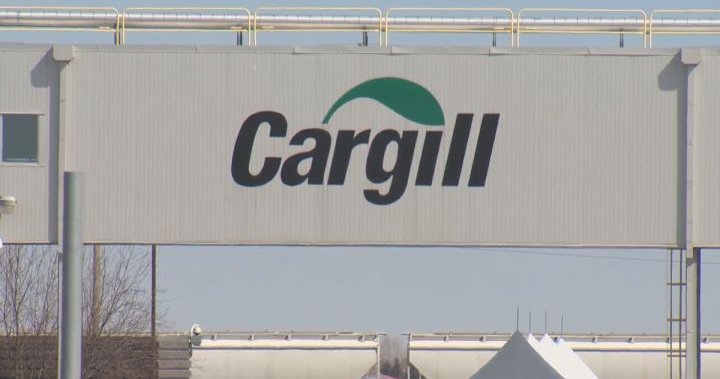Canada will donate its extra doses of COVID-19 vaccines to lower income countries, International Aid Minister Karina Gould confirmed Friday.
But when those donations begin remains unclear.
“I am pleased to confirm that just last night our prime minister confirmed that we would absolutely be donating any excess capacity that Canada has,” Gould told a virtual press briefing Friday about the efforts to secure quick and equitable access to COVID-19 vaccines for countries around the world.
But, in an answer to a question about whether Canada would wait until its population is vaccinated to begin donating or until priority populations are vaccinated, Gould said “we will be taking it one day at a time.”
Canada has signed agreements with seven manufacturers, to purchase more vaccine doses per capita than any country in the world, enough to vaccinate the population several times over. Some have criticized wealthy countries for snapping up vaccines at the expense of lower income countries.
She noted that Canada just has approval for one vaccine right now — the messenger RNA vaccine from Pfizer-BioNTech — and that the first doses are “just starting to arrive.”
The
first Canadians were vaccinated earlier this week .









